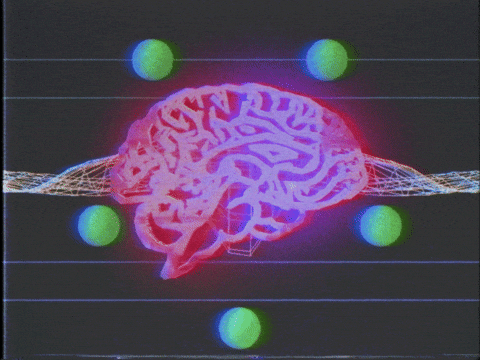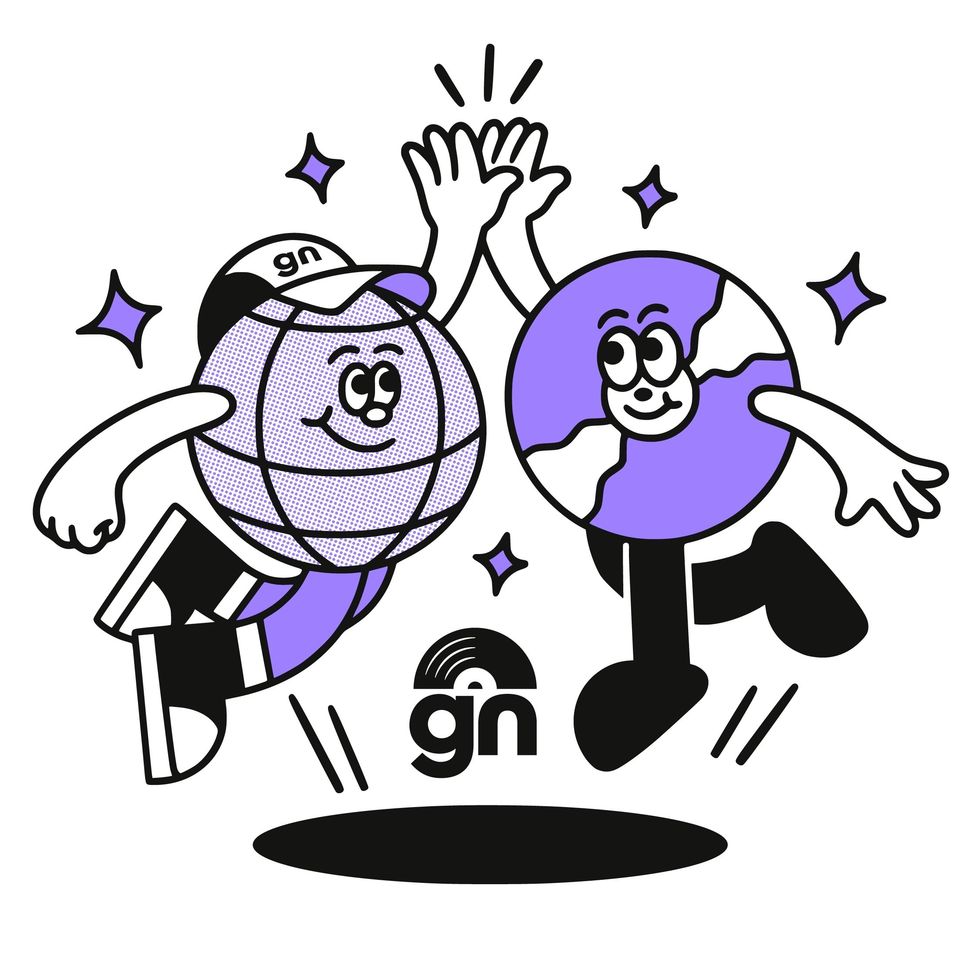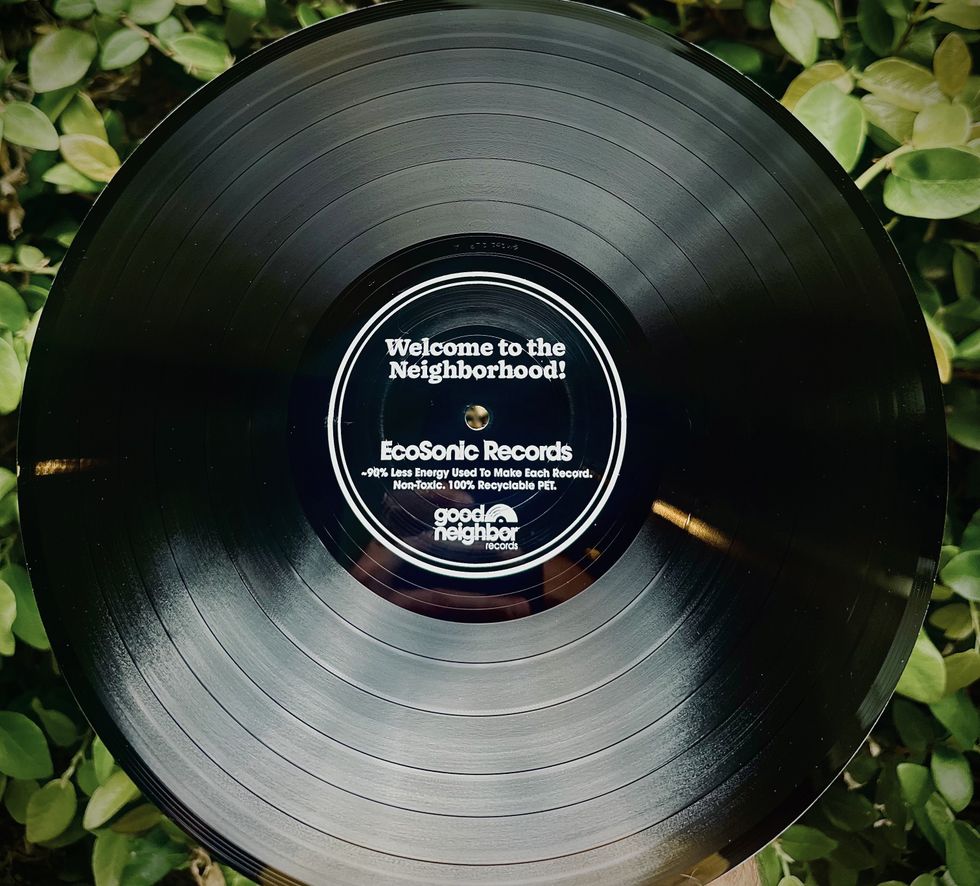Billy Bean is devoted to to baseball. For nearly 10 years, Bean played outfielder for the Tigers, Dodgers, and Padres, and in 1999 he became the second Major League Baseball player to come out of the closet, and the first to do so publicly, in an interview with the Miami Herald. In 2014, Bean returned to MLB when the league named him its first Ambassador for Inclusion, a role where he advises the commissioner on human rights issues, especially those that affect the LGBTQ community and antibullying efforts. He sees his job as an opportunity to communicate with players, coaches, managers, umpires, employees, and other club stakeholders to ensure an equitable, inclusive, and supportive workplace.
GOOD spoke with Bean about his first three years on the job, and how the environment in professional sports has changed, especially in light of recent decisions by the NBA and NFL to take stands against cities that sanction discrimination.
GOOD: You played MLB from the late 1980s until 1995. And in 1999, you were the second Major League Baseball player to come out. What was the environment like back then for gay baseball players? How does the environment for gay players in the MLB compare today?
I think then, there weren't images of any kind to make me feel like it was a possibility to come out. I come from a conservative background. I was the oldest of five boys. My family did not introduce me to anyone who was LGBT, and I was always involved in sports. I was in the big leagues at the age of 21, and I played football, basketball, and baseball in high school. So I was never really exposed to it. While I was playing, it did not seem like an unfriendly environment to LGBT people, it just seemed like more of the same. Anytime you are around a bunch of alpha males who are world-class athletes, when guys are ragging each other back and forth—you know, the feminization of men has been a part of that lexicon forever. That's why it's important in our messaging now that we talk about how to respect women in the workplace because all homophobia in my opinion is wrapped up in misogyny is some way or another. So I don't think there was anybody who made it a point to make it an unfriendly environment. It was just that the two worlds did not collide. There were no images of athletes who were pioneering or of role model status. It's really the one reason I say all the time that when … I became sort of a household name overnight, it wasn't because I came out, it was because I played MLB and I came out, so it was a combination of a couple of things.
[quote position="left" is_quote="true"]We are the sport of Jackie Robinson and we pride ourselves on being in front of that conversation on the entire diversity spectrum.[/quote]
Glenn Burke was the first person (to do so) but he wasn’t in a position to champion the rights of the LGBT community. His life ended in a horrific way—he was homeless, HIV positive, and had a drug addiction, a lot of that a culmination of having baseball taken away from him and not being able to realize what he was meant to do in this life. I dedicated my book to him without ever knowing him. I think that I use that, the motivation from those disappointing moments, some of my own, to try to create a culture that is inclusive and helps players understand that, while they may or may not ever have an LGBT teammate, that's not the point of being accepting. It's them understanding the bigger message of responsibility of playing in the major leagues, the expectations of fans that look up to them, the integration of social media—the players have never been closer to their fans than they are now. What they say matters. In a perfect world we can say we should all get along and love each other, but we don't have the luxury of waiting that long for everyone to be on board. So we are all in some ways ambassadors of our sport, and I try to convey to them that to be a big leaguer, part of the responsibility is what you do and say away from the field. Clubs are now not going to stand by athletes that are disparaging. They are going to by and large protect the brand and our workplace code of conduct, which in baseball is a nondiscrimination, antiharassment environment that says there will be no tolerance of that kind of behavior based on your race, your color, your religion, your national origin, your sexual orientation, your gender identity, your age. We have a very inclusive environment.
GOOD: Despite an arguably more welcoming environment, remarkably few professional sports players—in the MLB, NFL or NBA—have come out. Why do you think the stigma persists, and what can be done to make more professional athletes feel comfortable about coming out?
Every single athlete's choice to do so is individual and private to what their value system is. We're not waiting for another athlete to come out to give us a better grade on a report card for the work we're doing. The athletes are making a lot of considerations in order to make that decision, and part of is that that they have a very short amount of time to make a tremendous amount of money and take care of their family, and because it hasn't been done, there is some trepidation of how that will play out.
Now we have one example: Jason Collins. He was at the end of a 12-year career, he had cemented his relationship as a great teammate, he's well spoken, the perfect ambassador. I think we have to continue to create an environment that tells players that if indeed this is the decision they would like to make, that we are supportive. I make sure that everyone that I come in contact with knows that I am a resource for them in that context. But it's an incredibly complex decision. I know that our community is anxious and excited to see someone move the message forward, but until that happens, I have to lead the charge where it comes to how our in-game messaging is conveyed—that anyone who comes through a turnstile at a Major League venue sees that they're welcome, that the club wants them to be there, and that they are part of that family. If we have more and more players who are supportive, and even perhaps indifferent about a person's private life, then perhaps a player is going to be closer to making that decision. But if a player who wants to do that now is going to be looked at as a leader of a cause for inclusion and a role model overnight, that's a lot to put on someone who could very well be 22 or 23 years old. It took me a while to be self-accepting, because I wasn't raised in an environment that allowed me to address that sooner. Players look up to other players. There's an image that you want to emulate and a persona that the fans can gravitate toward. One thing I am certain, if a player is dealing with the same thing I was dealing with, I know that they are internally in a much better place, because we do have every club making a concerted effort to say that whoever or whatever we are, the message in baseball is that we are all one and we are a family.
GOOD: You were named the first LGBTQ ambassador to the MLB in 2014. Can you talk about the work you've done over the past three years, and the successes and failures in getting your message across?
It's a work in progress. Every day there was no definition, except that we had expanded our nondiscrimination workplace protections in baseball, and for the very first time, a former MLB player was able to convey that message to our players. There was no like “this is the job” that they posted on job sites. Baseball knew that we had a responsibility. We are the sport of Jackie Robinson and we pride ourselves on being in front of that conversation on the entire diversity spectrum, so the job has grown a lot in three years, from the novelty of me introducing myself to clubs—reintroducing if you will—because we didn't know how it was going to be accepted. Ironically, the first opening day when I was back in baseball, I had played with or against 27 out of 30 of our opening day managers, so there was much more of a connection to the sport than even I had anticipated. And so we moved from there. The world is changing, we have the NFL and the NBA bringing the LGBT conversation into mainstream sports reporting when the NBA moved their All-Star Game from a state that was discriminating against our community, and the NFL said they would not pick a site for a Super Bowl venue that had the same type of legislation. I don't even need to tell you how horrific last June 12th was for our players; we had two teams in that state. For the tragedy (at the Pulse nightclub) in Orlando, baseball stepped up hugely to show a message of support, and I was very proud, and you know, it was two years of work for me in the relationships that I had created. The Tampa Bay Rays lowered their prices to $5 per ticket and donated 100 percent of the proceed to the Pulse Victims Fund. That's an amazing gesture of community. And they asked me to throw out the first pitch and be a part of that process. Also, over those three years, we have a pervasive trend in baseball that the clubs really want to show that they are supportive of Pride Night around the league, which is maybe a one-evening symbol of a broader message throughout the organization. The type of resources that are being put in front of players and employees which are saying, hey, we as our organization are supportive and will not tolerate discrimination of any kind. Those kinds of things weren't going on five, six years ago. Of course I wish the environment were perfect, but we are making progress each and every day and that takes a little time to take hold. But the more consistent we are with that, the more opportunities there will be for players to convey our message. So when young players look up and follow the posts these players are putting on social media, pretty soon we will be seeing images of hey, Bryce Harper and David Price are saying LGBT teammates are just as cool as anyone else. We can’t supervise every conversation on a playground, but little by little we get to tackle bigger social issues and, hopefully, every kid will believe that they belong someday.

















 Big Brain GIF by Jay Sprogell
Big Brain GIF by Jay Sprogell
 Good Neighbor record.Photo credit: Good Neighbor
Good Neighbor record.Photo credit: Good Neighbor Photo credit: Good Neighbor
Photo credit: Good Neighbor Good Neighbor Records are green.Photo credit: Good Neighbor
Good Neighbor Records are green.Photo credit: Good Neighbor


